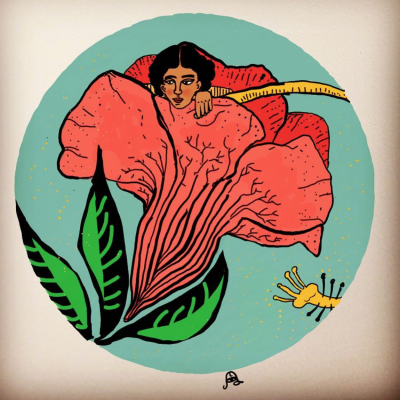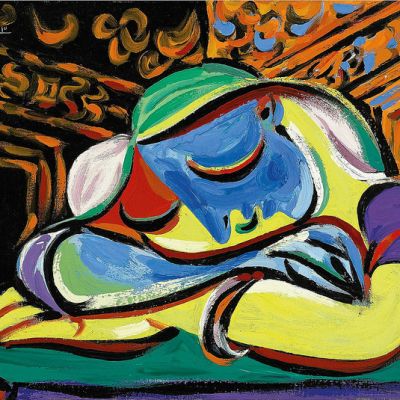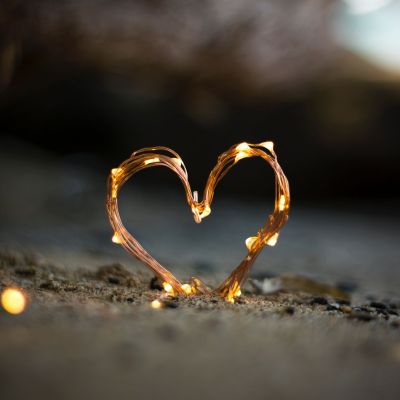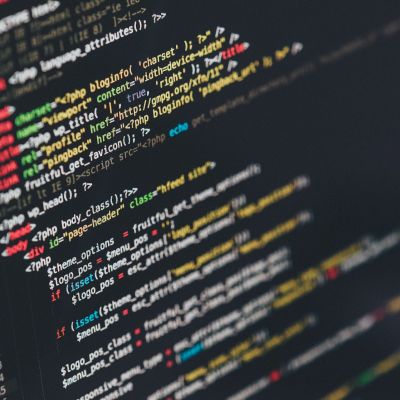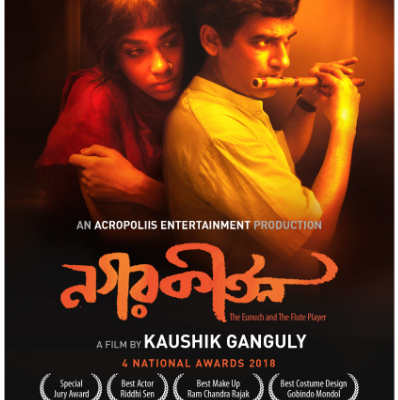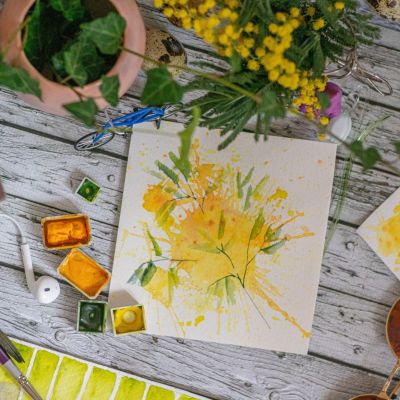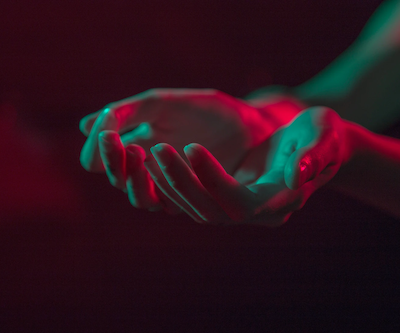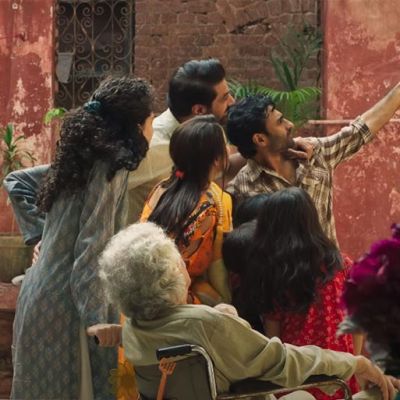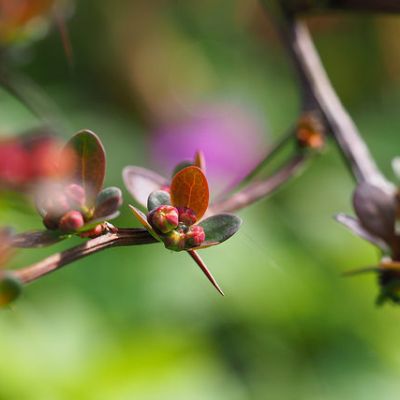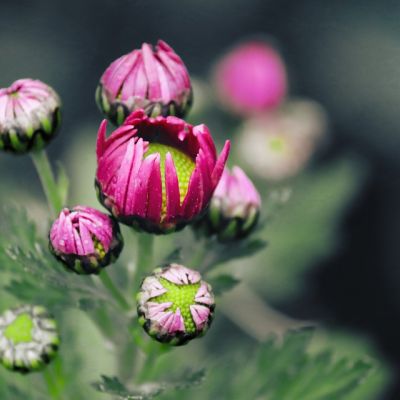Desire
While sex sometimes can be fun, and at other times complicated and frustrating –is always love, lust or desire: which one you are signing up for and which one did you want to actually explore?
“Disabled people are treated like children,” says Nidhi Goyal, founder director of the NGO Rising Flame, a disability rights activist and comedian. This identification makes the non-disabled — a term Goyal prefers using — feel entitled to decide for them.
After five months I received a call from Natasha telling me about the content of a WhatsApp chat that Raajveer was having with one of his male teachers. “He is missing his Sir and crying. He is very confused. He sent him roses on chat and reassuring messages saying that he will always be there with his Sir and will never leave him. We are very worried. My husband is not aware of this, and neither do I want to tell him about it. Please help him”, said Natasha over the phone.
I see people and places,
Couples and crushes
I hear giggles and whispers.
These are the secrets untold to me.
We had gathered to [discuss] digital self-determination for people with disabilities… focusing on its core component: the self. How can I be myself in digital spaces? What gives me more of a sense of self in these spaces? How can design, technology and policy contribute to helping me determine myself in digital spaces?
The plot of the movie narrates the tale of the love that grows between two people who are struggling to survive in a world of rootlessness and are continuing to make a cosy home for themselves. The love between Madhu, who works as a food delivery boy, and Puti, who survives by singing at traffic signals, blossoms while they cross paths everyday at the traffic signal and the look that they exchange appears to us as if each of them is trying to find a home in the other.
For a queer person, or for someone who remains single by choice, everyday existence requires strength and will. That is the embodiment of kun faya kun as a personal philosophy: to manifest the person you want to be through sheer will.
Directed by Saim Sadiq, Joyland (2022) is not a film about trans rights or women’s rights. It is not even about one specific group or community of people. It is about the whole spectrum of human emotions.
Desire is a man’s turf, right up there with moustaches and Adam’s apples / I’m the apple, I am the snake, I am Eve / I am the vibrator nestled between flimsy, cheap lace underwear / I am the shame, of saying I came
My hair smells like jasmine / From the wedding I went to last night / When I tethered my untameable hair with flowers,
Play is not only about cocks, balls, vaginas, paddles, or anything that happens between two consenting adults in the bedroom. It’s also about what goes on in a masochist’s mind before they submit to a cane, or a whip, and before they orgasm from the pain.
It may be useful to visualise sexual rights as a large tree with deep roots and a vast canopy of leaves. Or as a giant umbrella. Or a big tent. Whatever tickles your imagination and allows you to see it as a conceptual and practical tool to make claims for any aspect that relates to how we express sexuality.
Any desire, not necessarily or narrowly sexual, but perhaps related to sexuality, such as independence, equality, gender role-bending, controlling your own finances, eating the food you’d like to eat as opposed to the food your spouse desires, wearing the clothes you’d like to wear, birth control, choosing to have or not to have children … any of these desires would have only that importance that the individual concerned is able to apportion to it.

